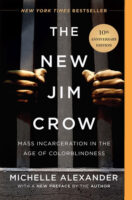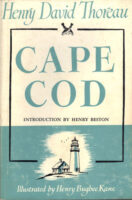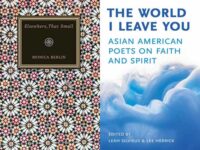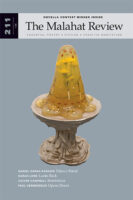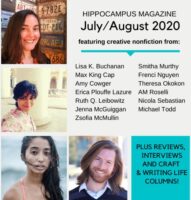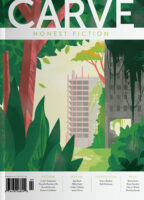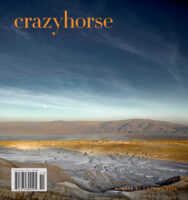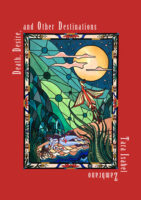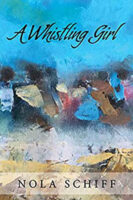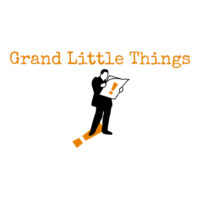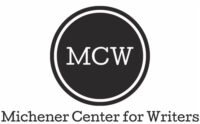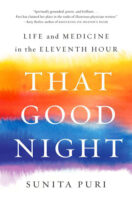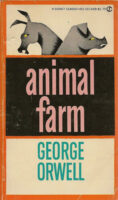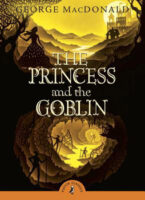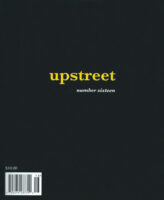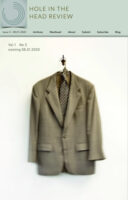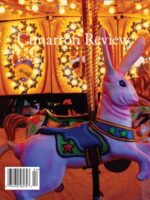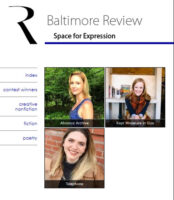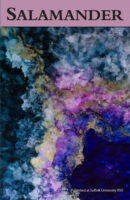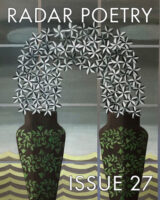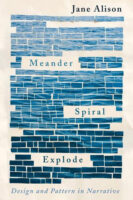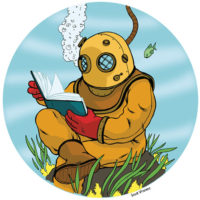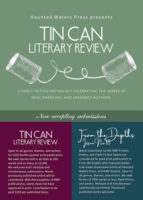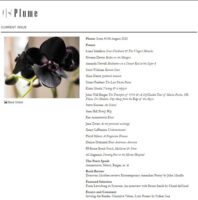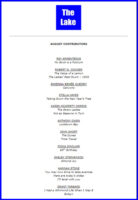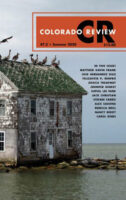The Writer’s Hotel‘s three writing conferences will be hosted virtually in October instead of in NYC like normal this year.
The All Fiction Writers Conference will take place October 14-20. The schedule has been redesigned to offer their attendees the very best service possible. Major workshops will be capped at nine people instead of their usual fourteen.
2020 faculty this year includes Rick Moody, Jeffrey Ford, David Anthony Durham, Robyn Schneider, Michael Thomas, Ernesto Quiñonez, James Patrick Kelly, Elizabeth Hand, Francine Prose, Saïd Sayrafiezadeh, Sapphire, Elyssa East, Kevin Larimer, Jennie Dunham, Steven Salpeter and TWH Directors Shanna McNair and Scott Wolven. Deadline to apply is August 22.
The Nonfiction Weekend Conference will be held October 1-5. Application deadline is August 28. Faculty includes Meghan Daum, Mark Doty, Carolyn Forché, Richard Blanco, Hisham Matar, Michael Thomas, Beth Ann Fennelly, Molly Peacock, Honor Moore, Saïd Sayrafiezadeh, Elyssa East, Jonathan M. Katz, Kevin Larimer, Stephen Salpeter and TWH Directors Shanna McNair and Scott Wolven.
The Poetry Weekend Conference will take place October 22-26. Deadline to apply is September 1. Faculty includes current U.S. Poet Laureate Joy Harjo, Marie Howe, Heather McHugh, Terrance Hayes, Mark Doty, Cornelius Eady, Deborah Landau, Tim Seibles, Valzhyna Mort, Pádraig Ó Tuama, Camille Dungy, Javier Zamora, Alexandra Oliver, Kevin Larimer, Jenny Xie, TWH Directors Shanna McNair and Scott Wolven.
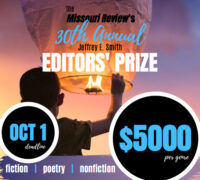 Deadline: October 1
Deadline: October 1
